
Have you ever found yourself throwing away fruits, vegetables, or other groceries that have gone bad before you had a chance to use them? It’s a frustrating experience that not only wastes money but also contributes to the growing problem of food waste. The good news is that with a few simple tricks, you can extend the shelf life of your groceries and keep them fresh for longer.
By implementing these simple hacks, you can extend the shelf life of your groceries, reduce food waste, and save money in the process. Not only will you be doing your wallet a favor, but you’ll also be helping to protect the environment by keeping food out of landfills. So next time you’re putting away your groceries, remember these tips and enjoy your food for longer!
Store Fruits and Vegetables Properly
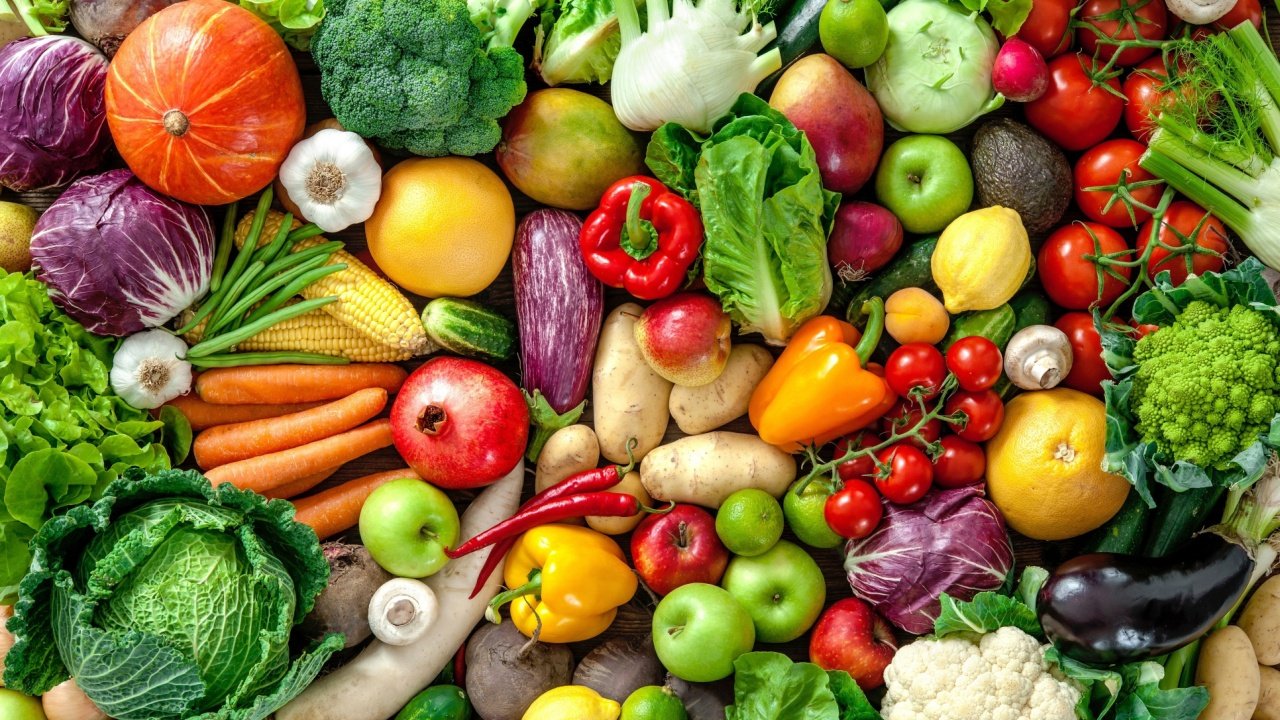
Different types of fruits and vegetables require different storage conditions to stay fresh. Some, like bananas and avocados, produce ethylene gas, which can speed up the ripening process of other produce. To keep your fruits and veggies fresh for longer, store ethylene-producing items separately from ethylene-sensitive ones. Additionally, store leafy greens and herbs in airtight containers with a damp paper towel to maintain moisture.
Use Your Freezer Wisely

The freezer is your best friend when it comes to extending the life of your groceries. Many fruits, vegetables, meats, and even bread can be frozen for later use. When freezing, make sure to remove as much air as possible from the packaging to prevent freezer burn. You can also portion out ingredients into smaller quantities before freezing, so you only thaw what you need.
Keep Your Fridge Organized
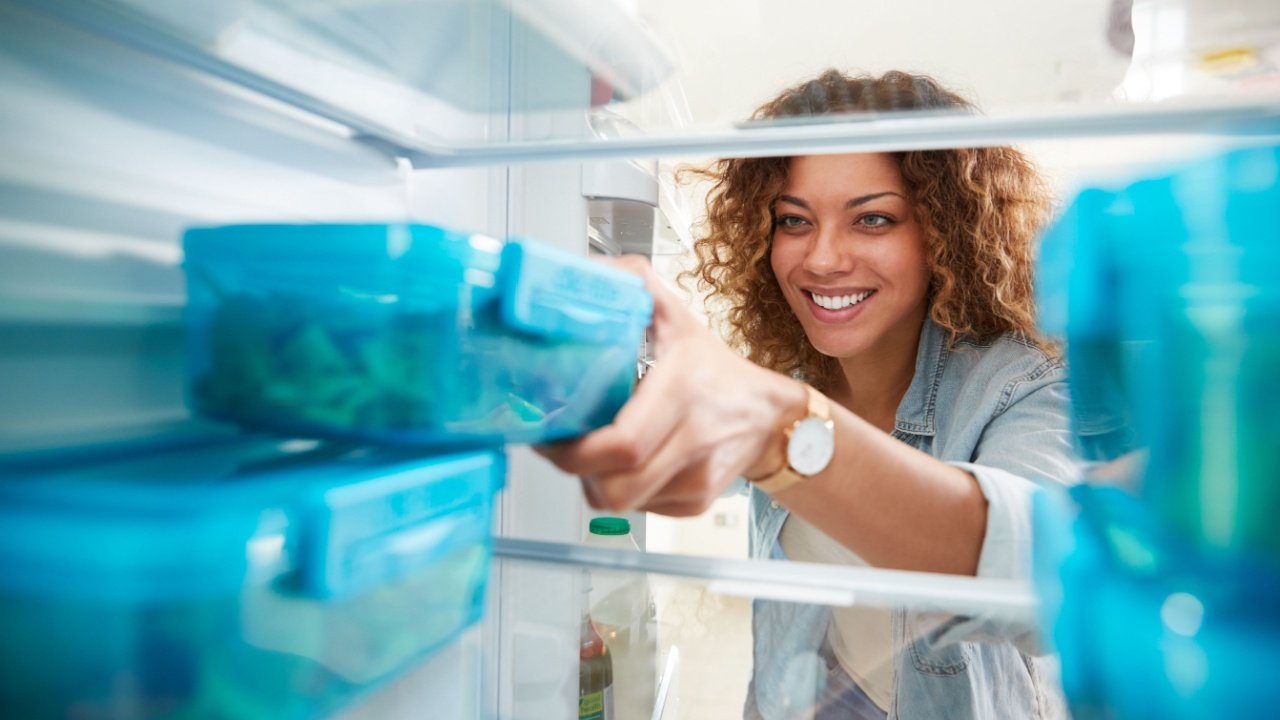
A well-organized fridge not only makes it easier to find what you need but also helps your food last longer. Keep your fridge set at the proper temperature (between 35-38°F or 1.7-3.3°C) and avoid overcrowding, which can restrict air circulation. Store raw meats on the bottom shelf to prevent any juices from dripping onto other foods, and use clear containers to easily see what you have.
Learn to Love Leftovers

Cooking extra food and using the leftovers for future meals is a great way to save time and reduce waste. When storing leftovers, use airtight containers and label them with the date, so you know how long they’ve been in the fridge. Most leftovers can be safely consumed within 3-4 days, but always use your best judgment and reheat them thoroughly before eating.
Use Mason Jars for Storage

Mason jars are not only trendy but also incredibly versatile for food storage. They come in various sizes, are easy to clean, and can be used to store everything from salads to soups. When using mason jars for storage, make sure to leave some headspace at the top to allow for expansion, especially when storing liquids.
Invest in Reusable Food Wraps
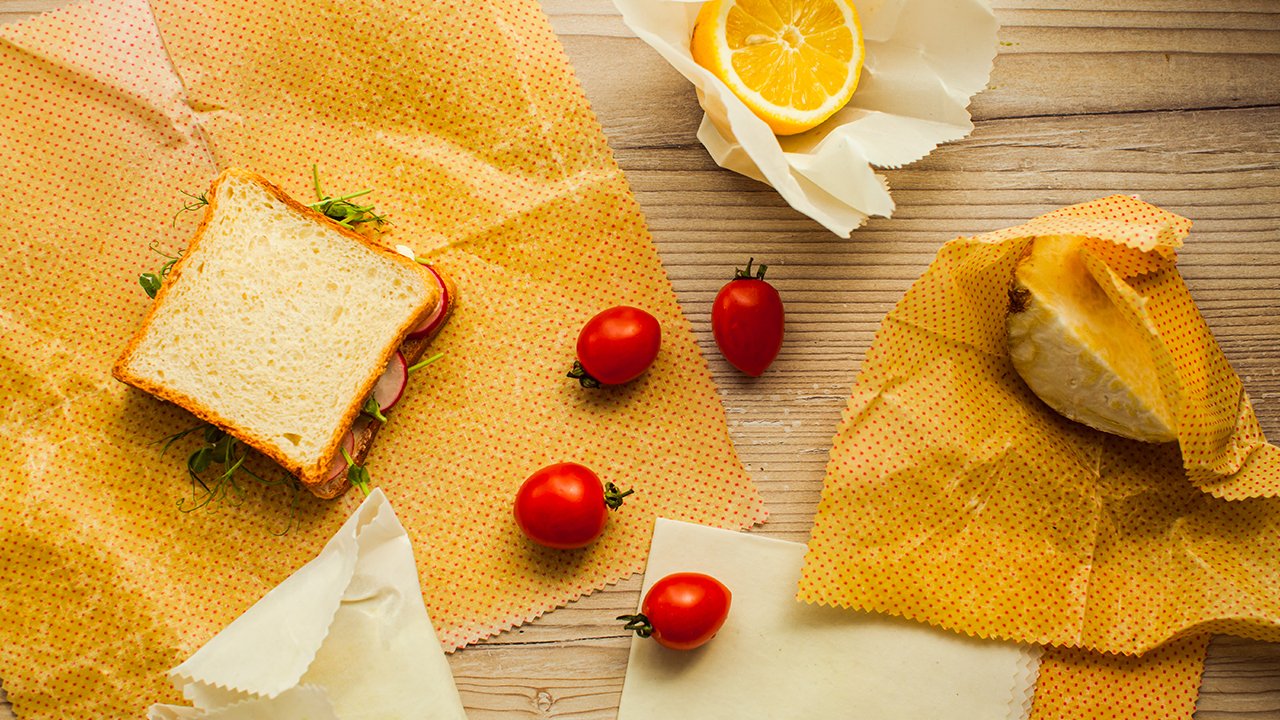
Plastic wrap and aluminum foil are convenient for covering leftovers or wrapping up half-used ingredients, but they create a lot of waste. Instead, invest in reusable food wraps made from beeswax or silicone. These eco-friendly alternatives are easy to clean, last for months, and can be used to wrap everything from sandwiches to cheese.
Use Your Oven for More Than Just Baking

Your oven can be used for more than just baking cookies or roasting chicken. When you have an abundance of fresh produce that you know you won’t be able to use before it goes bad, try roasting them in the oven. Roasted vegetables can be used in salads, sandwiches, or as a side dish, and they’ll last much longer than raw veggies.
Pickle Your Produce
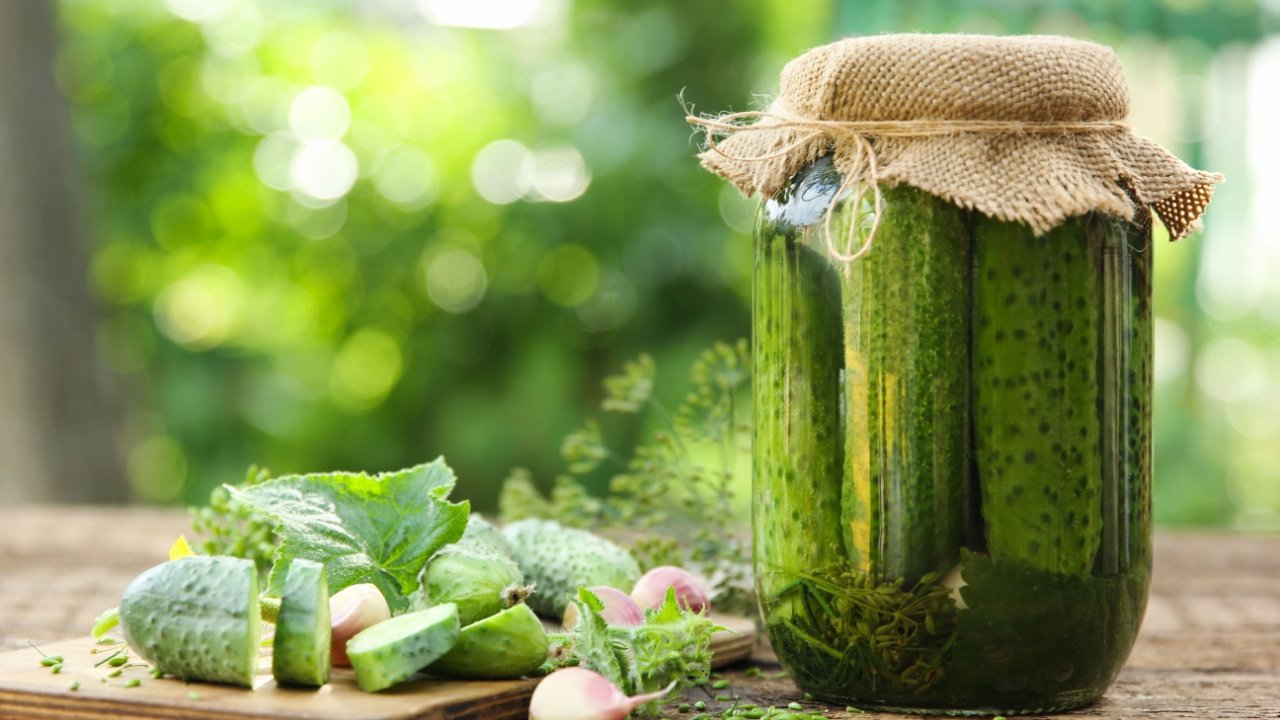
Pickling is a great way to extend the life of your produce and add some tangy flavor to your meals. You can pickle just about anything, from cucumbers and onions to carrots and beets. All you need is some vinegar, water, salt, and a few spices. Once pickled, your produce can last for weeks or even months in the fridge.
Don’t Wash Produce Until You’re Ready to Use It

Washing your fruits and vegetables as soon as you bring them home from the store might seem like a good idea, but it can actually make them spoil faster. Moisture encourages the growth of bacteria and mold, so it’s best to wait until you’re ready to use your produce before washing it. If you do need to wash something ahead of time, make sure to dry it thoroughly before storing it.
Compost What You Can’t Use
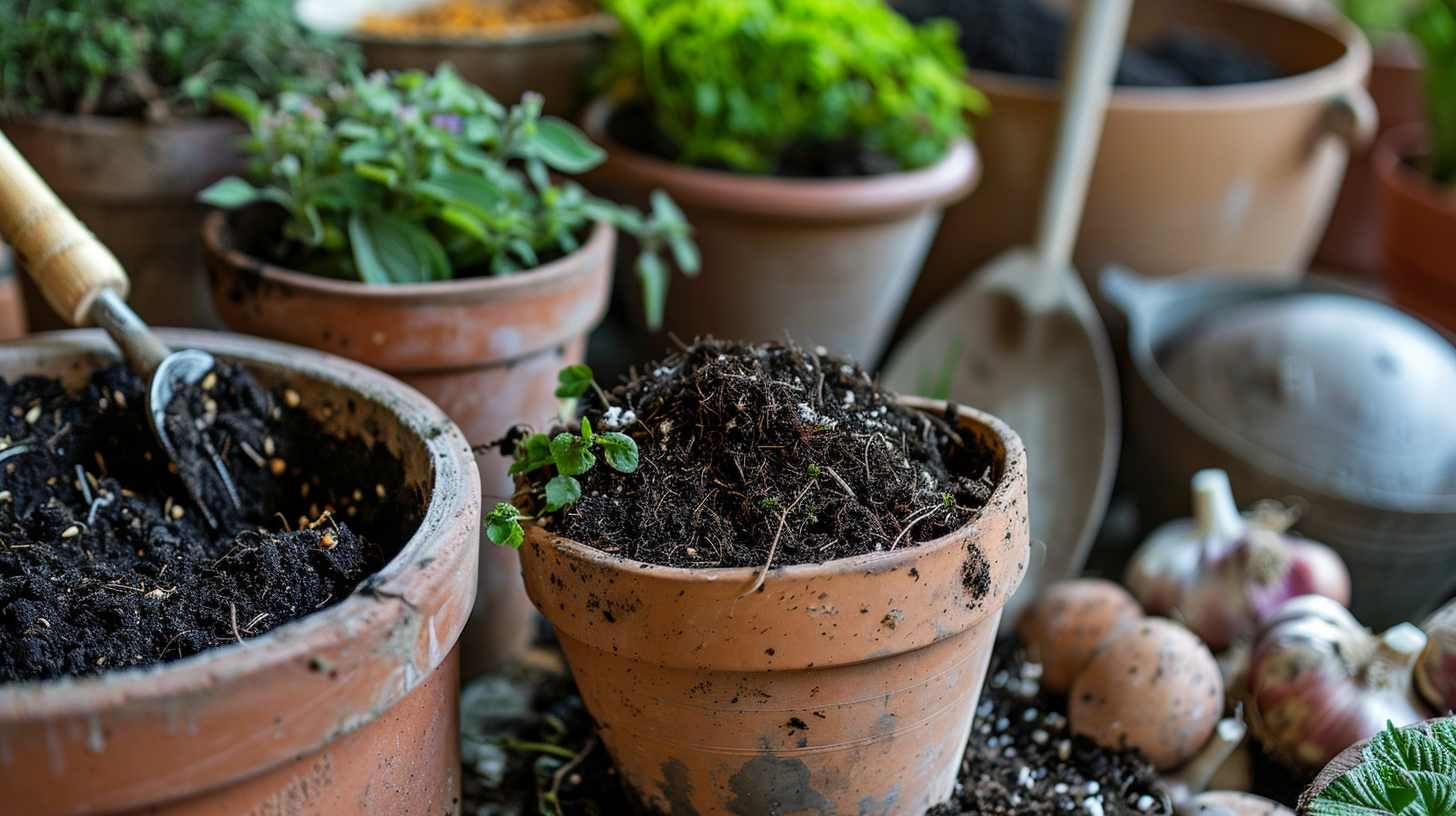
Despite your best efforts, there will be times when you can’t use up all your groceries before they go bad. Instead of throwing them in the trash, consider composting them.
Composting is a natural process that turns organic waste into nutrient-rich soil that can be used to grow new plants. Many cities and towns have community composting programs, or you can start your own compost bin at home.
